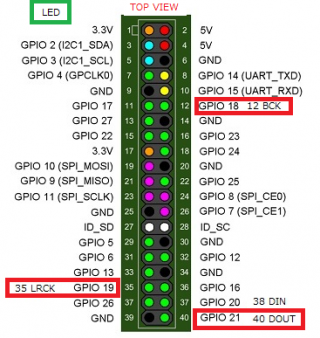MickMad
Well-known member
Hey guys, I just wanted to let you know that I just ordered a Mikroelektronica Audio Codec board just like yours, as soon as I get it I will begin testing hyple's library along with USB audio streaming; the board looks like a nice starting point to debug most of the features I need for my project  it also has line in/out not soldered to anything, so they are still useable! Sweet! While waiting for the codec board to be shipped, I'll try as hard as I can to finish all the modules for my audio adc/dac board, trust me I'm halfway through it
it also has line in/out not soldered to anything, so they are still useable! Sweet! While waiting for the codec board to be shipped, I'll try as hard as I can to finish all the modules for my audio adc/dac board, trust me I'm halfway through it  I already finished the input type selector that is going to be used with an unbalanced guitar to balanced out board, also done already
I already finished the input type selector that is going to be used with an unbalanced guitar to balanced out board, also done already 


